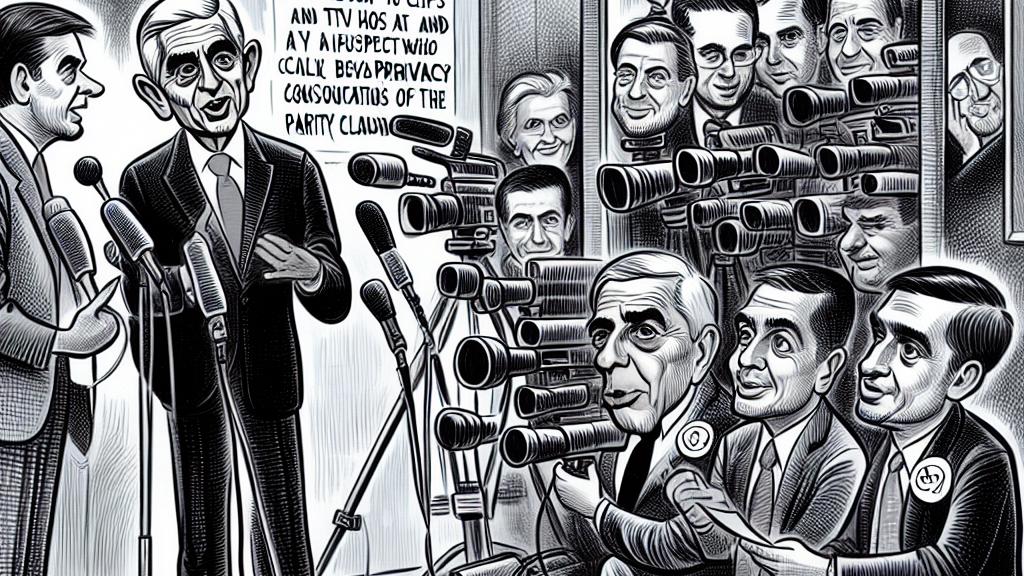Prawit Wongsuwon Takes Legal Action Over Wiretapping Scandal
Overview
- General Prawit Wongsuwon announces intentions to sue over leaked audio recordings that could jeopardize his career.
- The scandal involves allegations of illegal wiretapping by a rival politician and a TV host, creating a media frenzy.
- Critics question Prawit's dedication to his roles, citing frequent absences from parliamentary sessions as a major concern.

The Emergence of a Controversial Scandal
In a dramatic twist within Thailand's intricate political scene, General Prawit Wongsuwon, the influential leader of the Palang Pracharath Party, finds himself at the center of a wiretapping scandal that could reshape his political future. He is preparing to file lawsuits against TV host Danai Ekmahasawat and former Pheu Thai Party spokesman Prompong Nopparit for sharing audio recordings deemed to contain private conversations involving him. These clips, which surfaced on national television, are alleged to have been obtained through illegal means, and they echo the deeply-entrenched concerns regarding privacy violations and ethical standards in politics. For instance, past instances of political leaks have often led to the erosion of public trust, raising the stakes for public figures like Prawit who rely on constituents' confidence in their integrity.
Navigating Legal Challenges and Implications
As this controversy unfolds, the potential legal consequences are substantial. The allegations of wiretapping could result in severe penalties, including up to five years of imprisonment and heavy fines reaching 500,000 baht if the accused are found guilty. Prawit is determined not only to clear his name but also to hold accountable those who violate the sanctity of private conversations. This move may serve as a pivotal moment in Thailand’s political landscape, as the legal outcome could influence the standards of conduct expected from politicians. By navigating these troubled waters with tenacity, Prawit seeks to illuminate the importance of legal accountability, which, if upheld, can reassure voters that integrity is a non-negotiable aspect of governance.
The Balancing Act of Leadership and Responsibility
The wiretapping scandal raises another pressing issue: General Prawit's commitment to his parliamentary responsibilities. Critics, particularly Prompong, have made it clear that Prawit's absence from key sessions not only undermines his authority but also betrays the trust of the electorate. For instance, the 2017 constitution mandates that MPs must attend at least 75% of all meetings to retain their positions, a regulation that underscores the obligation of elected officials to their constituents. This scrutiny adds tremendous pressure on Prawit, as he must not only defend his reputation against allegations but also prove his dedication to fulfilling his duties. In a political climate where public engagement and oversight are intensifying, how Prawit handles this dual challenge could define his future and possibly reshape the political dynamics in Thailand altogether.

Loading...